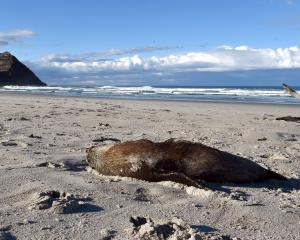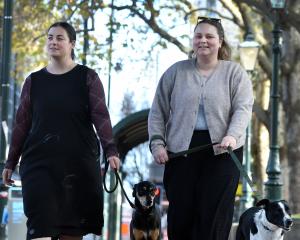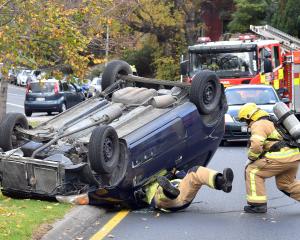Prof Joanna Bourke, author of a book titled Rape, A History from 1860 to the Present (2007), said in Dunedin this week that rape and other sexual assaults were issues for men and society, not just for women.
Her optimism came partly from her perspective as an historian: ''I can see that things have changed and ... they can change again.''
Born in Blenheim, New Zealand, she is now based in Birbeck College, at the University of London.
She was in Dunedin this week to give the annual Michael King Memorial Lecture, on ''Sexual Violence in the Past and Today''.
She said conviction rates for rape and other sexual assault cases prosecuted in British courts had fallen from about 33% in the 1970s to about 5% this decade.
The recent equivalent New Zealand figure was about 9%. She said in the UK today, and in New Zealand only a small percentage of rapes reported to the police later ended in a conviction.
''Given the huge proportion of rapes that are never even reported in the first place, this is damning evidence that something is terribly wrong.''
Having interviews with sexual assault victims conducted by police officers with specialised training had been '' a really good step'', and there was scope for further improvements.
Many myths and double standards involving rape also needed to be exposed, including the way women who had been drinking were judged much more harshly than male drinkers, if a sexual assault subsequently took place.
And Prof Bourke (47) urged much more public awareness and open discussion about the issues involved.
Men had a major role to play in such discussions, and should not fear saying something ''politically incorrect''.
It was also crucial that funding was maintained for Rape Crisis centres and other key networks, including those working with men.`It's something we need to keep the pressure on with our governments.''
And more people needed to become aware of sexual violence.
''A lot of people don't understand.''
Such assaults had happened to ''a lot of people'' over the years.
''It just damages all of our lives.''
Advertisement













